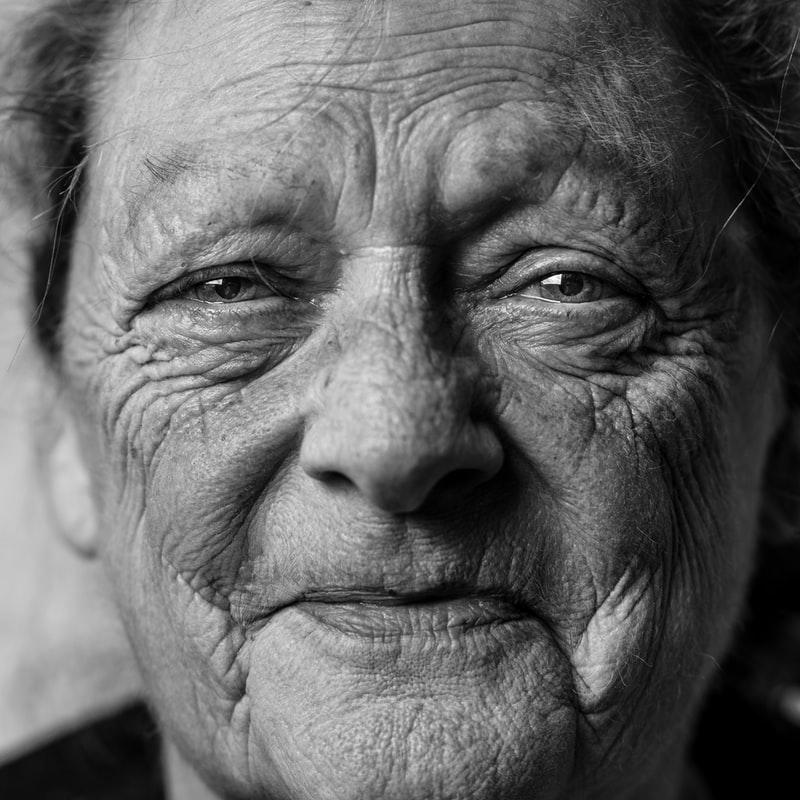Giving plans for those in elder care
Lauren Janus – Good-Giving Planner
Many of us who care for older persons, or even care about older persons, naturally worry about them being taken advantage of as they get older.
This fear is not unfounded. According to Age UK, an older person becomes a victim of a fraud every 40 seconds. These scams can range from online romances to investment schemes that cheat our older friends and family out of millions every year.
As we age, we can lose the ability to make sound choices, and factors like loneliness and isolation can tempt older persons into trusting people they wouldn’t normally.
I’ll never forget how my own grandmother, a lifelong musician, was taken advantage of by a young piano tuner with a tough luck story. It was infuriating because I knew she knew better, but she was a hugely generous soul who saw only the best in people, especially as her reasoning skills declined.
The good news is that there are ways to help older persons be more thoughtful and strategic with their giving, which might help them avoid scams later on. One way is to sit down and create a simple giving plan with the person.
A giving plan is just that—a clearly written plan of the charitable giving a person would like to do now, and even through their will. A giving plan helps a person of any age–but especially anyone who can get ‘caught up in the moment’ or be otherwise impulsive with their giving–say ‘no’ to donation requests.
If you care for someone who is ageing and want to help them make smart decisions about giving, pick a good time to sit down to chat. Talk with him or her about the sorts of issues they care about. Maybe it’s preventing cancer or caring for the environment. Then discuss how much money they can reasonably give away and specific charities they’d like to support.
Once your loved one has identified an issue and a couple of charities, write those down. Regularly remind your loved one that these are the organisations they’ve chosen to give to and that they cannot take on any more. This includes not giving to individuals.
If the person is forgetful, you can even write a note next to the phone or door that says something like:
“I’ve chosen to give to a charity that supports young people in my community. I care about this issue a lot and I’m afraid I cannot give to anyone else.”
Having a giving plan or even just a statement like the one above can be empowering to an older person, because it reminds them that they are still in control of their money and who it goes to. That could give you—and them—some peace of mind.
Next Steps
As always, if you’d like to start a conversation about your charitable and good-giving plans, please contact me at hello@longhurst.co.uk.
Legal Notice & Links
Lauren is not employed by Longhurst Limited. Lauren Janus owns Thoughtful Philanthropy Limited. Please click here for more information.
You are now departing from the regulated site of Longhurst Ltd. Neither Longhurst Ltd nor TenetConnect Ltd can be responsible for any content created and published by a third party outside our regulated site.
Longhurst Limited does not accept any legal or financial responsibility for the services Lauren Janus or Thoughtful Philanthropy Limited provides.
Charitable and Good-Giving services are not regulated by the Financial Conduct Authority.




